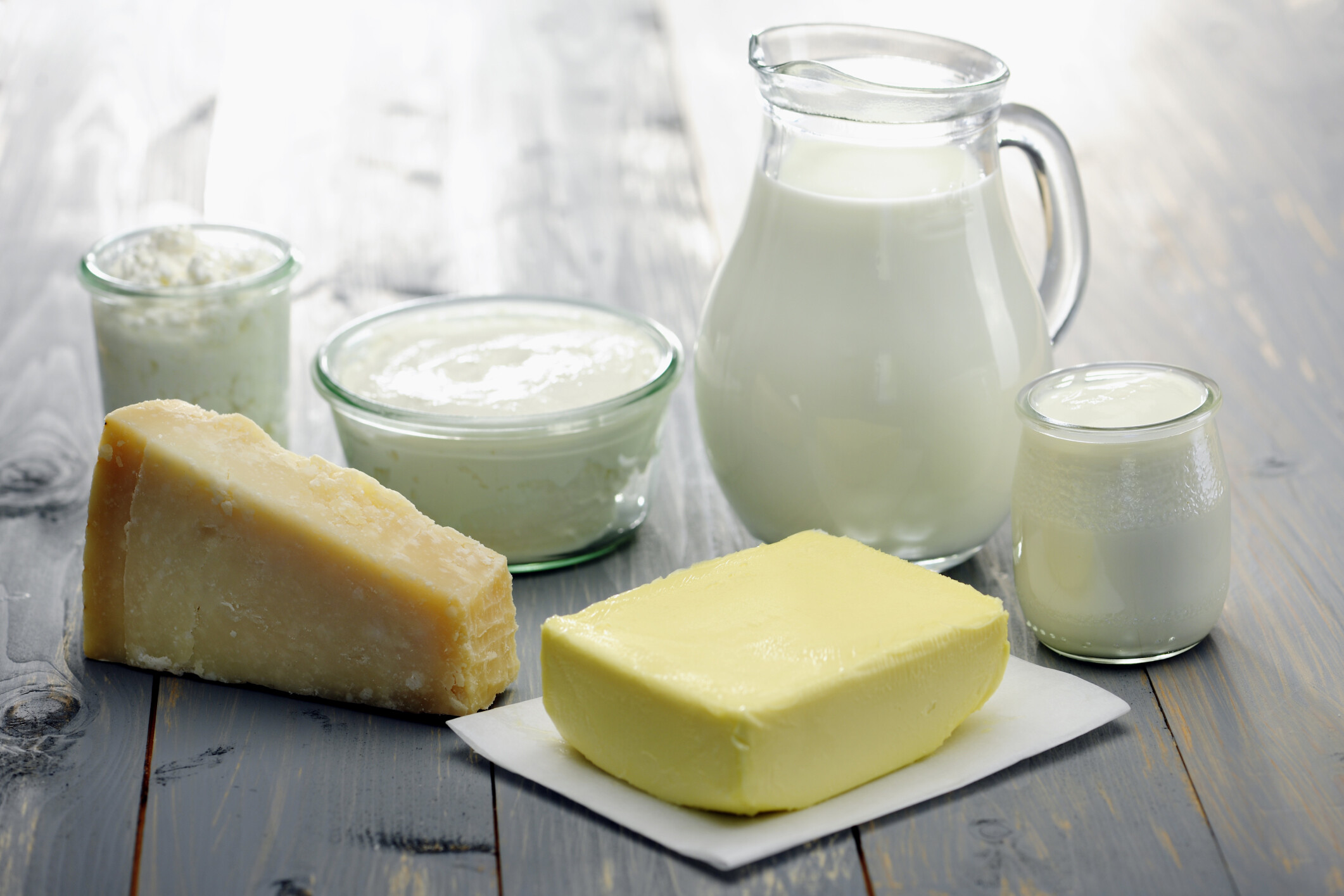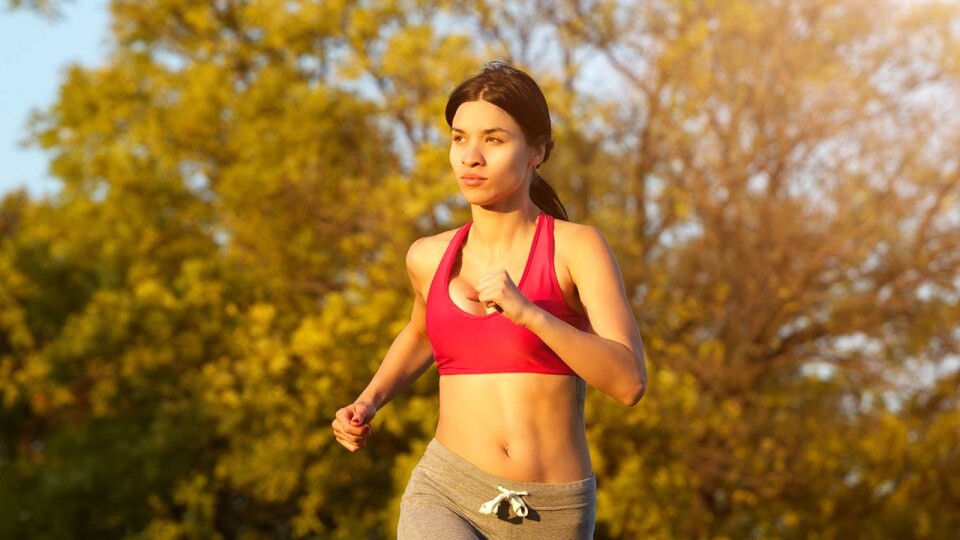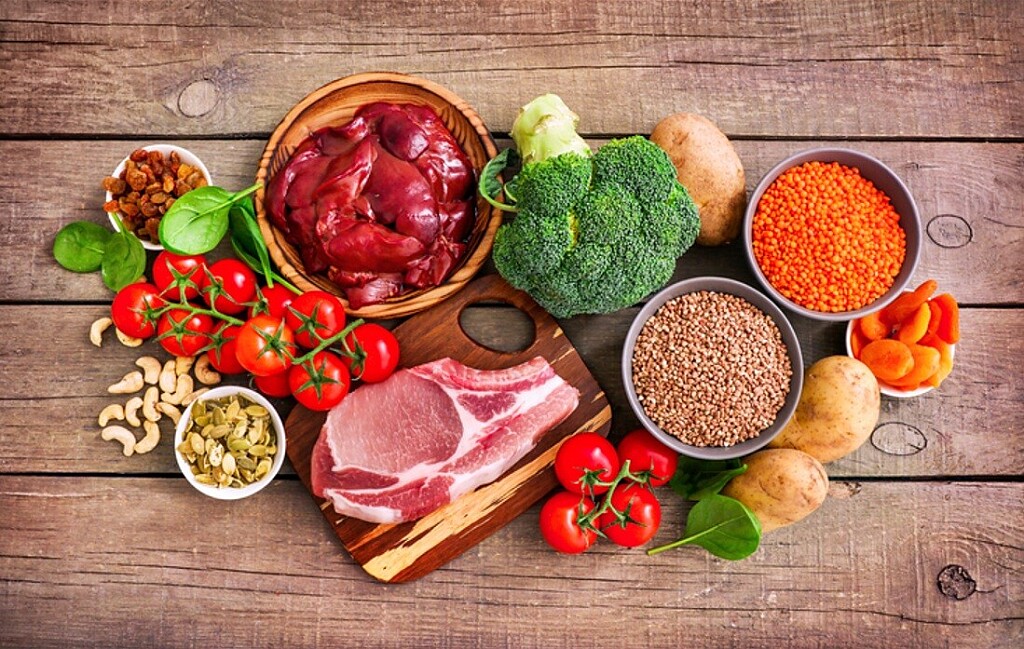Running News Daily
Running News Daily is edited by Bob Anderson. Send your news items to bob@mybestruns.com Advertising opportunities available. Train the Kenyan Way at KATA Kenya and Portugal owned and operated by Bob Anderson. Be sure to catch our movie A Long Run the movie KATA Running Camps and KATA Potato Farms - 31 now open in Kenya! https://kata.ke/
Index to Daily Posts · Sign Up For Updates · Run The World Feed
Six nutrients you might be missing in your diet
Eating properly in order to run well is more than just simply trying to consume enough calories. It also involves eating a variety of the right foods to ensure you’re meeting your daily requirements of vitamins and minerals.
Running can deplete your stores of important nutrients and put you at risk for deficiencies, but you can help yourself out by knowing which nutrients to be mindful of and how to know if you’re not getting enough.
This is one of the most common deficiencies among runners, particularly females. Since iron is necessary for transporting oxygen to your muscles and plays an important role in energy production, a deficiency can wreak havoc on your ability to run.
1.- Iron

The most common signs of an iron deficiency are unexplained fatigue, weakness, pale skin, shortness of breath, heart palpitations, cold hands and feet, brittle nails and hair loss.
Foods that are high in iron include red meat, liver, dark leafy green vegetables, beans, nuts, dried fruit and fortified cereals. Vitamin C aids in your absorption of iron, so eating iron-rich foods with good sources of vitamin C, like citrus fruits or bell peppers, can also improve your nutrient status. Many runners also choose to take an iron supplement, however you should talk to your doctor and have bloodwork done before starting a supplementation protocol, since taking too much iron can have dangerous consequences.
2.- Magnesium
Magnesium plays an important role in bone health and helps convert the food you eat into energy. Muscle spasms and cramps are common signs of magnesium deficiency, as well as irregular heart rhythms, nausea and vomiting and dizziness and confusion.
Good sources of magnesium include whole grains, dark leafy green vegetables, low-fat milk, yogurt, dried beans and legumes and nuts.

3.- Vitamin D
Vitamin D regulates the amount of calcium in your body, which makes it very important for your bone health. Recent research has also found that it plays a crucial role in the health and function of your immune system. Symptoms of a deficiency include muscle weakness, pain, fatigue and low mood or depression.
Your body synthesizes vitamin D when your skin comes in contact with sunlight, however most Canadian runners don’t get adequate sunshine exposure because of our long winters and use of sunscreen in the summer. There are some food sources of vitamin D, such as oily fish (like salmon or sardines), red meat, liver, egg yolks and fortified cereals, however many nutrition experts recommend taking a vitamin D supplement to ensure you meet your daily requirements.
4.- Calcium
Calcium is important for maintaining strong bones and preventing bone stress injuries, but it’s also a key nutrient for ensuring proper muscles contractions and the healthy functioning of your heart. Muscle spasms or cramps, low mood, weak or brittle nails, confusion or memory loss and frequent stress fractures.
Of course, dairy products like milk and cheese are a good source of calcium, but green leafy vegetables and fortified foods (like non-dairy milk alternatives and bread made with fortified flour) are good sources as well.
5.- Vitamin B12
Vitamin B12 maintains the health of your nerves and blood cells, and also prevents megoblastic anemia, which makes you feel very tired and weak. Other symptoms of vitamin B12 deficiency include pale skin, pins and needles, disturbed vision, irritability and low mood.
Good food sources of vitamin B12 include meat, milk, fish, eggs fish and cheese, as well as some fortified breakfast cerials. Runners who follow a vegan diet are more likely to be deficient in vitamin B12, so they should speak with a dietitian about taking a vitamin B12 supplement.
6.- Zinc
Zinc is important for maintaining proper immune function and helps your body process the fats, carbohydrates and proteins from your diet. Symptoms of zinc deficiency may include hair loss, a compromised immune system and loss of appetite.
Oysters, red meat and poultry are excellent sources of zinc, and whole grains, milk products and fortified cereals are also good sources of the mineral. Baked beans, chickpeas, and nuts (such as cashews and almonds) also contain some zinc.
by Brittany Hambleton
Login to leave a comment




